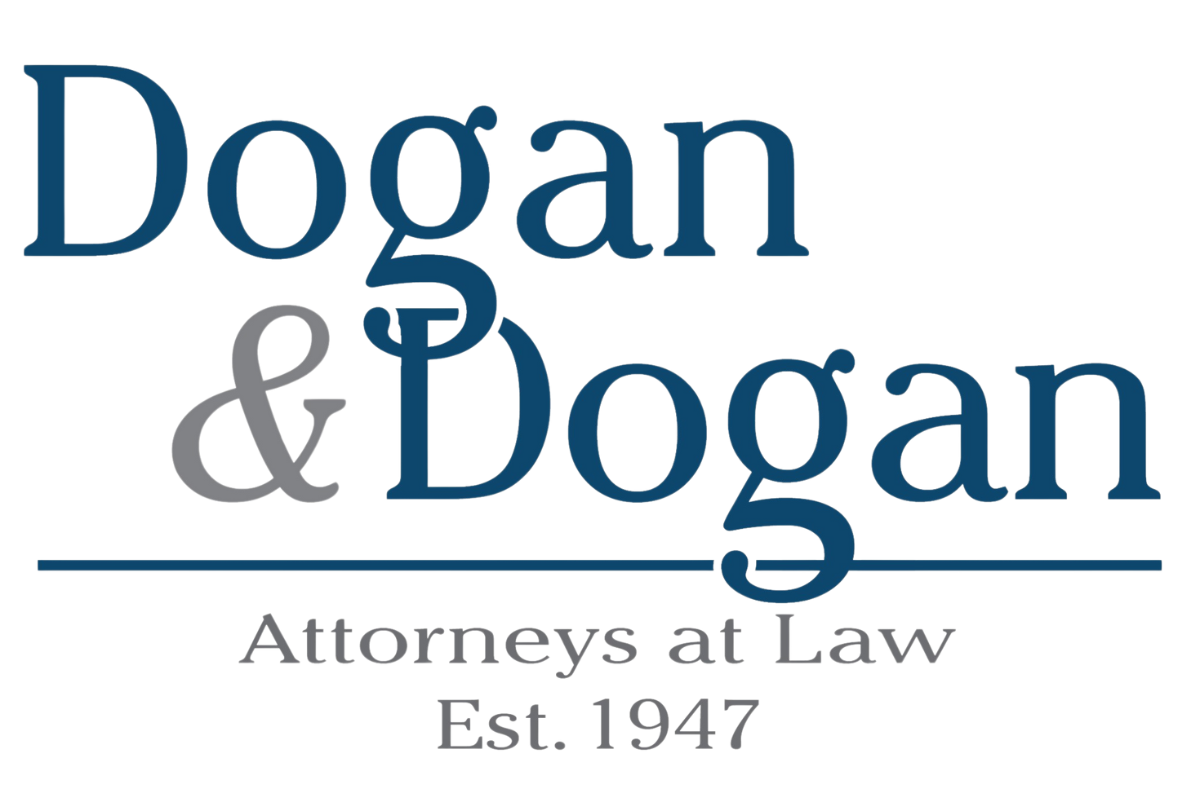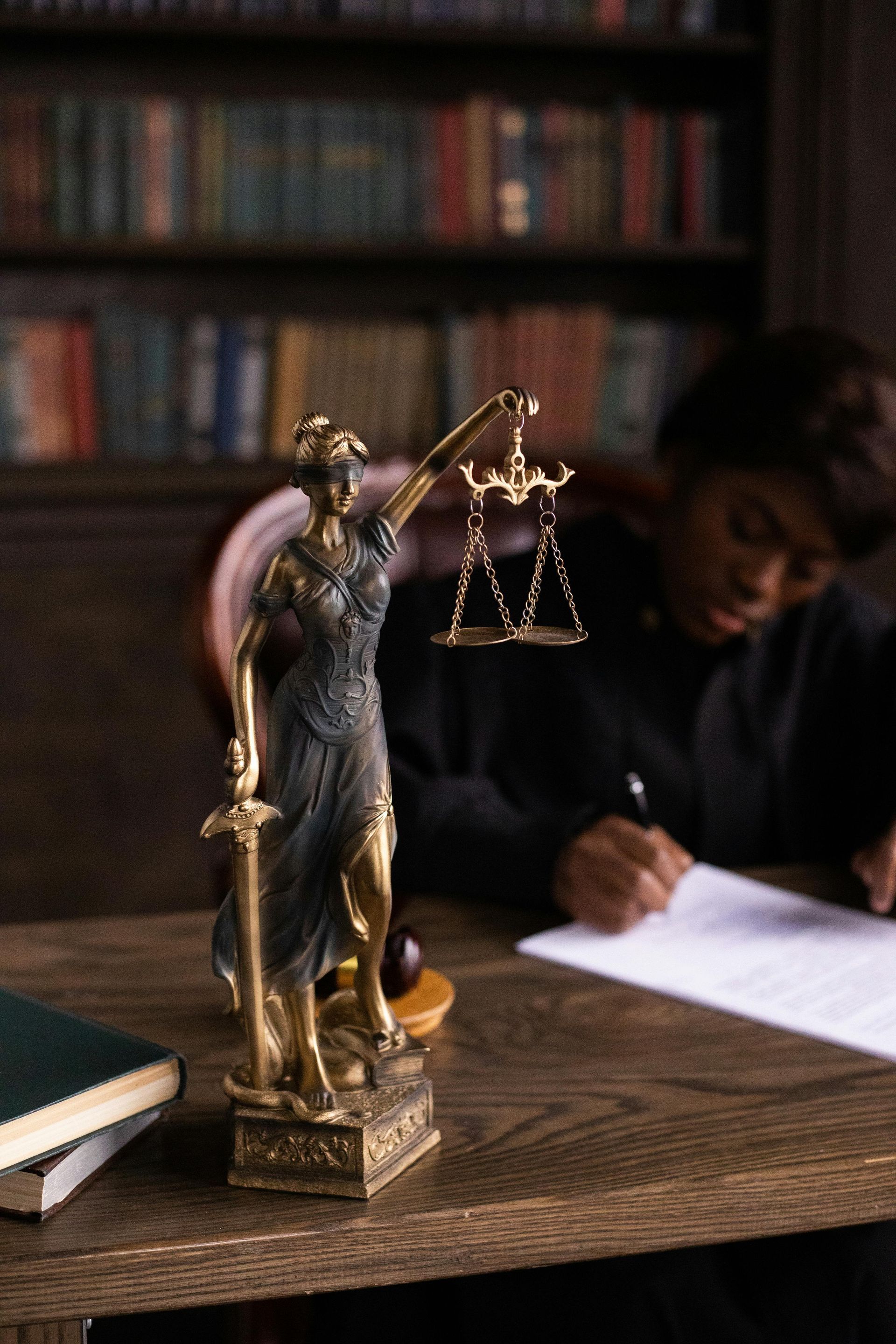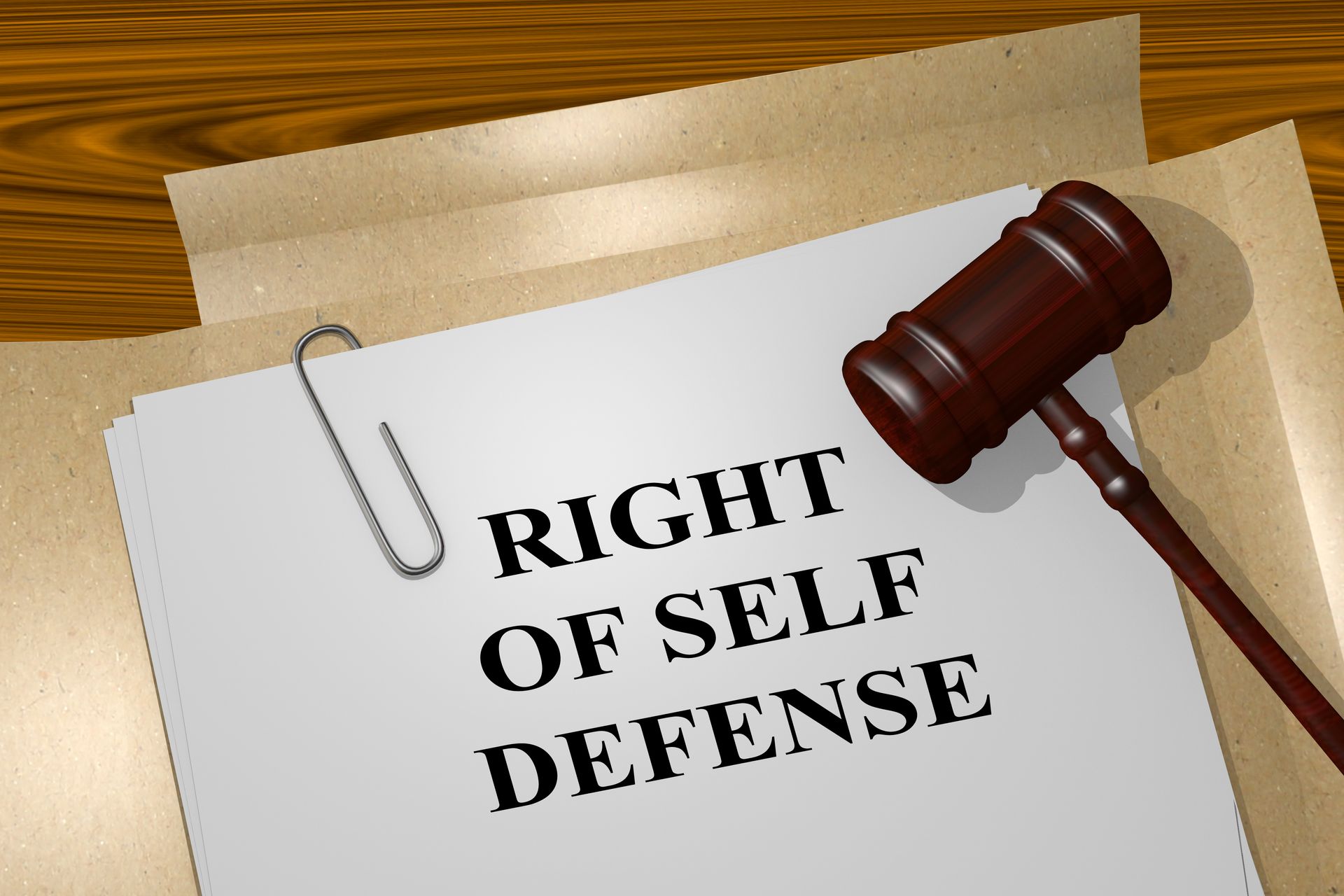Creating a Paper Trail to Document Medical Treatment for Your Injury Case
The Paper Trail to Recovery: Why Medical Records Matter in Personal Injury Settlements (and Yes, Doctor Appointments Can Be a Pain)

Let's face it, going to the doctor's office isn't exactly a picnic. Between scheduling the appointment, waiting in the waiting room, and the whole poking and prodding routine, it can be a real hassle. But when it comes to personal injury lawsuits, those annoying doctor visits translate into something crucial: a stronger case.
Here's why medical documentation and costs, despite the frustration of appointments, take center stage in settlements:
The Annoying But Necessary Paper Trail:
Look, we all know doctor's appointments aren't exactly a thrill. Taking time off work, dealing with traffic, and the whole medical routine can be a drag. But here's the thing: that "annoying paper trail" is your ticket to getting the compensation you deserve. Those records you get after each visit, those bills that pile up – they're the evidence you need to prove your injuries and the financial burden they've caused.
Evidence is King: A personal injury lawsuit hinges on proving you were hurt and the extent of the damage. Medical records, doctor's notes, and bills serve as concrete evidence linking your injuries to the accident. Without this documentation, it's difficult to convince a court or insurance company of the harm you've suffered.
Making the Most of It:
While doctor's appointments aren't ideal, there are ways to make them a little less frustrating. Be prepared with a list of questions for your doctor. Take notes during the visit. And remember, the more information you gather, the stronger your case will be.
Quantifying the Cost of Care: Medical bills provide a clear picture of the financial burden you've endured due to the injury. This includes past expenses for treatment, medication, and rehabilitation. More importantly, it helps estimate the future medical costs you might face, whether it's ongoing therapy, surgeries, or specialist care.
Your Partner in This Process:
Don't forget, you're not alone in this. The local injury attorneys at Dogan & Dogan are help you navigate the entire process, including dealing with medical records and appointments. They'll work to ensure all the necessary documentation is collected and presented effectively. So, while doctor's appointments may be a pain, consider them an investment in your recovery – both physically and financially. By prioritizing medical documentation, you're empowering yourself to get back on your feet and achieve the compensation you deserve.
Building a Strong Case: Detailed medical records not only establish the injuries but also paint a picture of their severity and impact on your life. Doctors' notes document pain levels, limitations in mobility, and any potential long-term effects. This strengthens your case by demonstrating the true scope of your suffering.
Negotiation Power: Having a clear record of medical expenses and future needs equips your lawyer to negotiate a fair settlement that covers all your injury-related costs. The documentation allows for a more objective calculation, taking the emotion out of the process.
What to Remember:
- Seek medical attention immediately after an accident.
- Keep all medical records, bills, and receipts related to your injury.
- Be transparent with your doctor about your pain and limitations.
- Work with your personal injury lawyer to gather and present all relevant medical documentation.
By prioritizing medical documentation, you empower yourself to seek the compensation you deserve for your injuries and the road to recovery.











